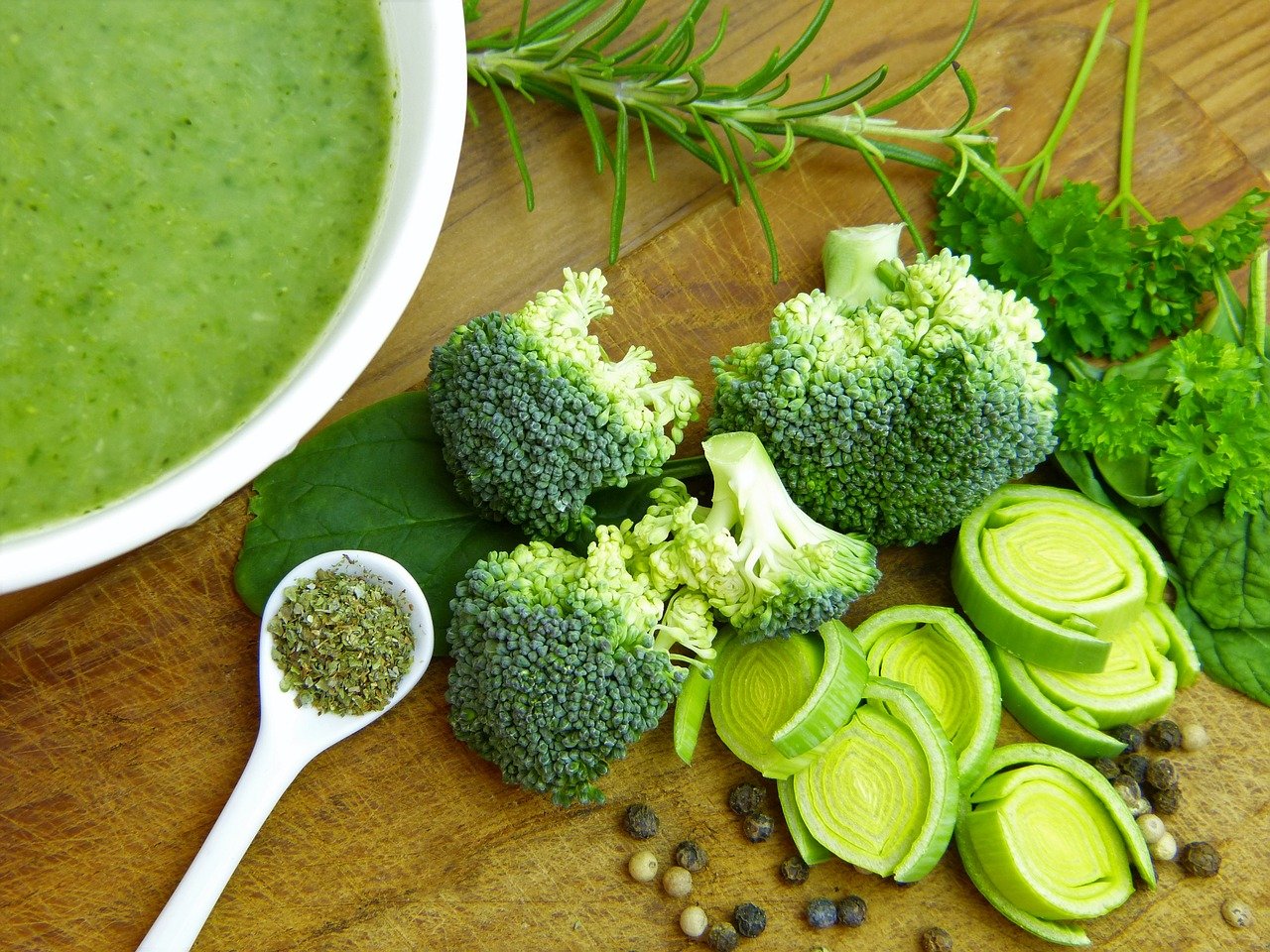
Protein is one of the most important nutrients in the human body. It is responsible for repairing and building muscle, regulating metabolic activities, and plays a significant role in the immune system and the synthesis of enzymes. This is not all that protein is responsible for or plays a role in, but that should be enough to make an impression on you regarding how vital the nutrient is.
Vegans are an often maligned group, mostly from society’s lack of understanding that a vegan can easily be a gun-toting, pistol-whipping badass, as much as a rockstar can turn out a momma’s boy.
Many people believe that without eating meat, there just simply won’t be enough protein in vegetables, fruit, and nuts. This is simply not true, as there is an astounding amount of foods in the world that can easily supplement your daily protein without ever needing to eat meat or animal products.
“Nothing will benefit human health and increases the chances for survival of life on earth as much as the evolution to a vegetarian diet.” - Albert Einstein
He makes a good point, if hunting wasn’t regulated, we would wipe out deer, bison, and cattle in no time and nobody wants that.
Protein-Rich Vegan Foods
The daily intake of protein for the average-sized adult should be around 56 grams. Once you are familiar with the types of protein-rich non-meat foods, you will see just how easy it is to have a vegetarian diet.
Here is a list of the most common protein-rich foods that you will be able to find in your local grocery store or farmer’s market. These foods have been selected for your convenience, so if you wanted to start supplementing your protein or replacing it entirely, you could start today.
Broccoli is a well-known superfood. Low in calories and rich in nutrients such as vitamin C, vitamin K, potassium, and fiber. Broccoli carries 12 grams of protein in 100 grams compared to 100 grams of steak having 25 grams of protein.
The offset is that broccoli has more nutritional value, protein included, per calorie. For instance, that same 100 grams of broccoli only has 34 calories, whereas the 100 grams of steak has 217 calories.
Beans are a staple food for pretty much every culture and for good reason. Besides being a great source of protein, soybeans for instance have as much as 28 grams of protein in a single cup, they have great health benefits.
Beans are known to bolster gut health and help to manage cholesterol and blood sugar in the body. They are also great sources of vitamin B, manganese, copper, iron, and fiber.
Lentils are an easily overlooked source of protein that also packs a serious punch nutritionally. Not only do lentils have 18 grams of protein per cup, but they contain a huge amount of the nutrients the human body craves.
Lentils contain zinc, copper, manganese, phosphorus, potassium, magnesium, iron, folate, niacin, vitamin B, and fiber. This means that lentils are a must-have in any vegan’s or vegetarian’s pantry.
Quinoa is another secret vegan weapon guaranteed to give you psychic powers. On the matter of protein, it has 8 grams per cup. So while not the heaviest hitter on this list in terms of protein, it makes up for this by providing all nine essential amino acids.
In case you didn’t know amino acids are the building blocks of muscle!
It carries enough of these amino acids that gym junkies can put down their lab fabricated amino acid supplements and get back in touch with nature’s bounty.
Pet cows and get that protein, Oorah!
Nuts are a fantastic way to supplement protein in your diet as a vegan or vegetarian. Nuts make a great snack to graze on throughout the day, meaning that you’ll probably hit your protein requirement without really giving it much thought.
Almonds have 6 grams of protein in them per cup, and if you keep a jar of almonds on your desk, coffee, or bedside table, you will find yourself munching on these delicious things more than you realize.
Better than popcorn during a movie.
Most nuts also contain healthy fats, low amounts of carbs, fiber, and vitamin E, and magnesium, making them some of the healthiest snacking options available.
Protein-Packed Vegetables
So as you can see, if you are considering going vegan, or stepping into the no-meat vegetarian world, you have nothing to fear as far as protein intake goes. In fact, due to the high nutritional value and low caloric intake, you will end up in better health and shape than those in the meat-eating culture you left behind.
As a side note, at an end of the world scenario, or having civilization falling around us, being able to identify and forage these types of foods out in the wild will put you head and shoulders over a person who needs a bullet to eat that night.
Written by Richard Douglas
About the Author
Richard Douglas writes on firearms, defense and security issues. He is the founder and editor of Scopes Field, and a columnist at The National Interest, 1945, Daily Caller and other publications.
You may also like
Essential Food Every Vegetarian Should Eat
Are There Any Reasons to Stop Dieting? Here Are 10 of Them!
